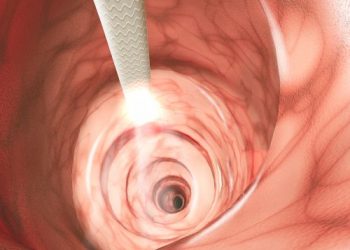- officeorenzarif

- Nov 9, 2023
- 1 min read
Updated: Feb 26, 2024
Colon Cancer Symptoms
In early stages, cancers of the colon and rectum often don’t cause symptoms. And even if you have symptoms, they may be caused by something else, such as hemorrhoids or a stomach bug.
However, it’s important to talk with your doctor any time you have persistent or unexplained symptoms. This includes pain, blood in the stool or changes in how you poop.














































